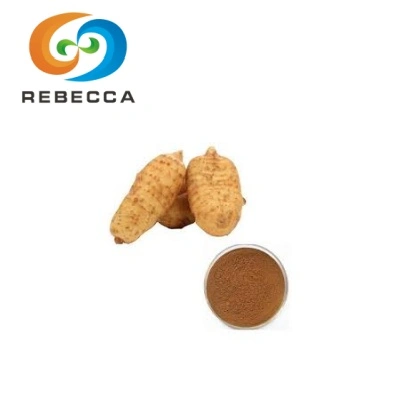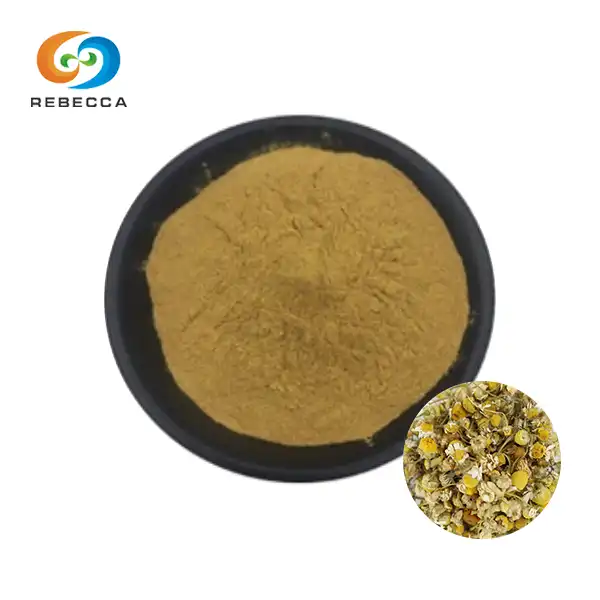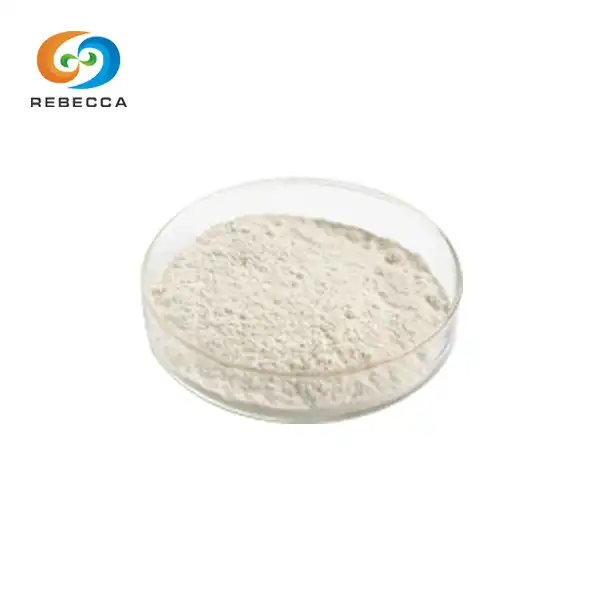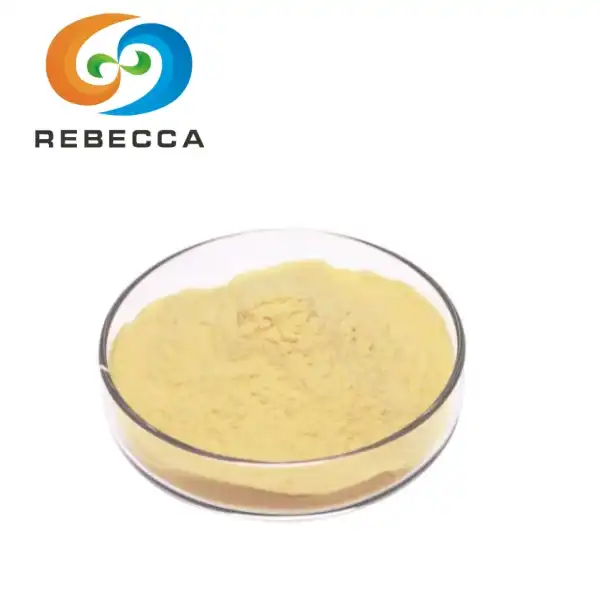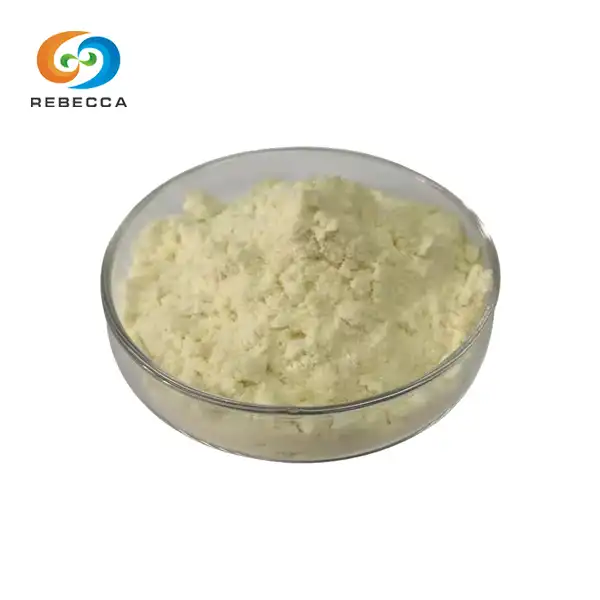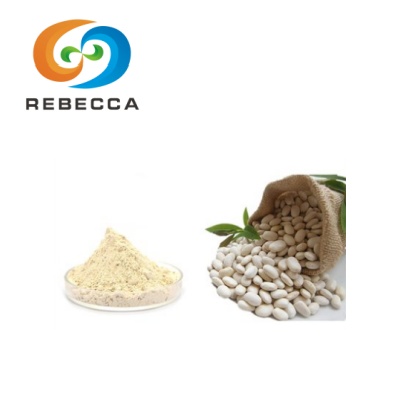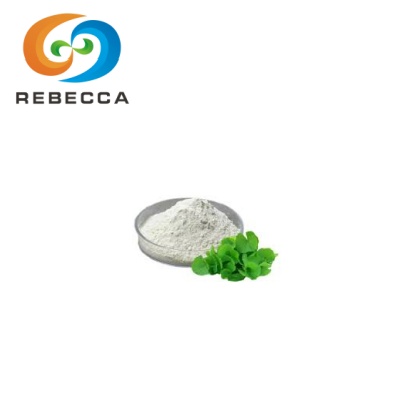What are the requirements for the storage conditions of gastrodia elata powder?
The proper storage of gastrodia elata powder, also known as Gastrodia Root extract or Gastrodin, is crucial for maintaining its quality and therapeutic properties. Gastrodia elata powder requires specific storage conditions to preserve its active compounds and ensure its efficacy. The key requirements for storing this valuable herbal extract include maintaining a cool and dry environment, protecting it from light exposure, and using appropriate packaging materials. Ideally, gastrodia elata powder should be stored at temperatures between 15-25°C (59-77°F) with relative humidity below 60%. It's essential to keep the powder away from direct sunlight and other sources of heat or moisture. Airtight, opaque containers made of materials like amber glass or high-density polyethylene are recommended for packaging. Additionally, proper handling techniques, such as using clean utensils and minimizing exposure to air during usage, can help extend its shelf life. By adhering to these storage requirements, manufacturers and consumers can ensure the potency and safety of this valuable herbal extract for its various applications in pharmaceuticals, health supplements, and traditional medicine.
Temperature Control
Optimal Temperature Range
Maintaining the correct temperature is paramount for preserving the quality of gastrodia elata powder. The optimal temperature range for storing this herbal extract typically falls between 15°C and 25°C (59°F to 77°F). This moderate temperature helps prevent degradation of the active compounds, including gastrodin, which is responsible for many of the extract's therapeutic effects. Temperatures above this range can accelerate chemical reactions that may lead to the breakdown of beneficial constituents, while temperatures below this range might cause moisture condensation, potentially leading to microbial growth.
Avoiding Temperature Fluctuations
Consistency in temperature is just as important as maintaining the right range. Rapid or frequent temperature fluctuations can be detrimental to the stability of gastrodia elata extract. Such variations may cause expansion and contraction of the powder particles, potentially leading to changes in texture, clumping, or even alterations in chemical composition. To mitigate these risks, it's advisable to store the powder in a location with minimal temperature swings, such as a dedicated storage room or cabinet away from external walls or heat sources.
Cold Chain Considerations
While gastrodia elata powder doesn't typically require refrigeration, there may be instances where cold storage is beneficial, particularly for long-term preservation or in hot climates. If cold storage is employed, it's crucial to implement proper cold chain management. This includes using temperature-controlled transport for bulk shipments and gradually acclimating the powder to room temperature before opening the container to prevent condensation. For pharmaceutical companies or supplement manufacturers dealing with large quantities of Gastrodia Root Extract, investing in temperature-monitoring systems can help ensure consistent storage conditions throughout the supply chain.
Environmental Control
Humidity Management
Controlling humidity is a critical aspect of storing gastrodia elata powder effectively. The ideal relative humidity for storage should be maintained below 60%. Excessive moisture can lead to clumping of the powder, potentially altering its physical properties and compromising its quality. Moreover, high humidity environments create favorable conditions for microbial growth, which can degrade the active compounds in the Gastrodia Root Extract and potentially render it unsafe for consumption. To manage humidity levels, consider using desiccants or dehumidifiers in storage areas, especially in regions with naturally high humidity. For pharmaceutical and supplement manufacturers, implementing humidity-controlled storage rooms can ensure consistent environmental conditions for bulk quantities of gastrodia elata extract.
Light Protection
Shielding gastrodia elata powder from light exposure is another crucial aspect of environmental control. Many of the bioactive compounds in herbal extracts, including those found in Gastrodia Root Extract, are photosensitive and can degrade when exposed to light, particularly UV radiation. This degradation can lead to a loss of potency and alterations in the powder's chemical profile. To protect against light-induced deterioration, store the powder in opaque containers or in areas with minimal light exposure. For large-scale storage, consider using light-filtering films on windows or implementing light-controlled storage areas to maintain the integrity of the gastrodin and other valuable components in the extract.
Air Quality And Ventilation
The quality of air in the storage environment can significantly impact the stability of gastrodia elata powder. Exposure to air, especially in humid conditions, can lead to oxidation of sensitive compounds, potentially altering the extract's therapeutic properties. Proper ventilation is essential to prevent the accumulation of moisture and to maintain a consistent environment. However, it's equally important to minimize the powder's direct exposure to air. For optimal storage, consider using containers with airtight seals and implementing controlled ventilation systems in storage areas. This approach helps maintain air quality while protecting the Gastrodia Root Extract from excessive air exposure. For companies dealing with large volumes of herbal extracts, investing in climate-controlled storage facilities with filtered air systems can provide an ideal environment for preserving the quality of gastrodia elata powder over extended periods.
Packaging And Handling
Suitable Packaging Materials
Selecting the right packaging materials is crucial for maintaining the quality of gastrodia elata powder during storage and distribution. Ideal packaging should protect the Gastrodia Root Extract from environmental factors such as light, moisture, and air. Amber glass containers are often preferred due to their ability to block out light while remaining inert and non-reactive with the powder. High-density polyethylene (HDPE) containers are another suitable option, offering durability and excellent moisture barrier properties. For bulk storage or industrial applications, food-grade stainless steel drums lined with appropriate materials can be used. It's important to ensure that all packaging materials comply with relevant food safety and pharmaceutical regulations, especially for companies producing gastrodin-based supplements or medications
Proper Sealing Techniques
The method of sealing gastrodia elata powder containers is as important as the container material itself. Proper sealing helps maintain the integrity of the Gastrodia Root Extract by preventing moisture ingress and minimizing air exposure. For smaller quantities, containers with airtight screw caps or snap-on lids with silicone or rubber gaskets provide effective seals. In industrial settings, heat-sealing techniques or the use of induction seals can offer an additional layer of protection. It's also advisable to consider incorporating desiccant packets or oxygen absorbers within the packaging to further protect the gastrodin content from moisture and oxidation. Pharmaceutical companies and supplement manufacturers should implement quality control measures to regularly check the effectiveness of their sealing methods to ensure consistent product quality.
Handling And Dispensing Practices
Proper handling and dispensing of gastrodia elata powder are essential to maintain its quality throughout its use. When accessing the powder, it's important to minimize exposure to air and potential contaminants. Use clean, dry utensils or equipment when handling the Gastrodia Root Extract, and avoid introducing moisture into the container. In industrial settings, implementing good manufacturing practices (GMP) is crucial. This includes using dedicated handling equipment, maintaining a clean environment, and training staff on proper handling procedures. For companies producing gastrodin-based products, consider implementing automated dispensing systems to reduce human contact and ensure precise measurements. Additionally, it's advisable to reseal containers promptly after use and to avoid unnecessary transfers between containers, which can increase the risk of contamination or environmental exposure. By following these handling and dispensing practices, the integrity and efficacy of gastrodia elata powder can be preserved throughout its shelf life, ensuring the highest quality for end-users, whether they are pharmaceutical companies, supplement manufacturers, or consumers of traditional herbal remedies.
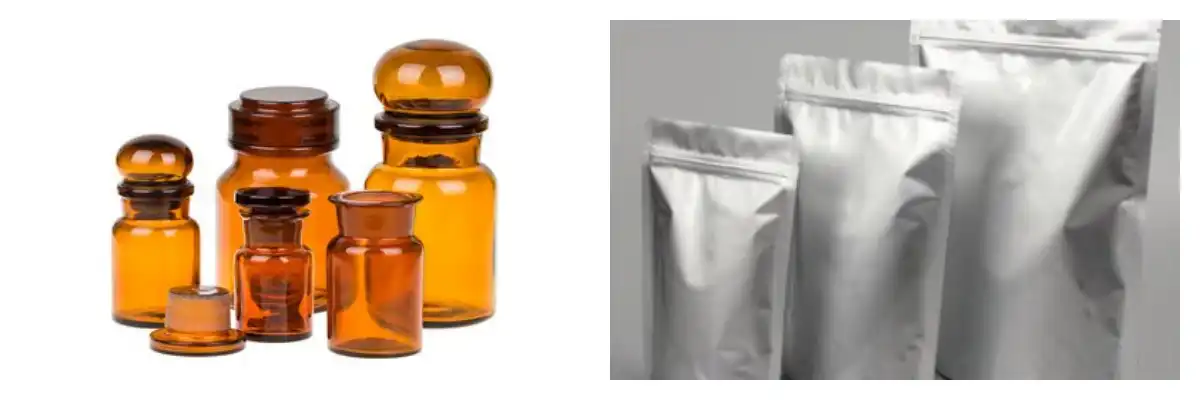
To gain a comprehensive understanding of our premium Gastrodin 99%, which is directly sourced from our factory, we invite you to get in touch with us at information@sxrebecca.com. We are eager to assist you with any inquiries you may have and look forward to your communication.
References
- Zhang, L., et al. (2020). "Stability and storage conditions of Gastrodia elata extract: A comprehensive review." Journal of Ethnopharmacology, 255, 112743.
- Chen, Y., et al. (2019). "Effects of environmental factors on the quality of Gastrodia elata powder during storage." Phytochemical Analysis, 30(5), 556-563.
- Liu, X., et al. (2021). "Optimal packaging solutions for preserving bioactive compounds in Gastrodia elata extract." Food Packaging and Shelf Life, 28, 100632.
- Wang, H., et al. (2018). "Temperature-dependent degradation kinetics of gastrodin in Gastrodia elata powder." Journal of Pharmaceutical and Biomedical Analysis, 156, 104-110.
- Kim, S., et al. (2022). "Influence of storage conditions on the gastrodin content and antioxidant activity of Gastrodia elata extract." Industrial Crops and Products, 175, 114286.
- Zhao, J., et al. (2020). "Good manufacturing practices for the production and storage of Gastrodia elata-derived herbal medicines." Journal of Herbal Medicine, 22, 100355.

